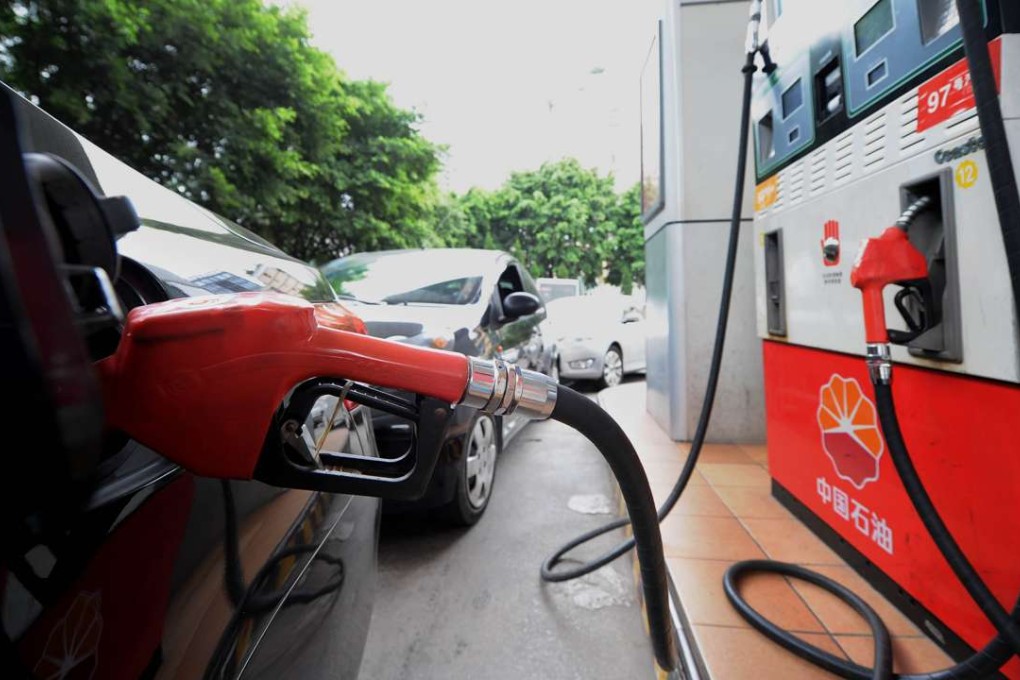Foreign electric vehicle battery makers get greenlight in China’s free trade zones
Foreign wholly-owned petrol stations will also be allowed as part of State Council’s FDI relaxation

China, the world’s biggest auto market, will allow foreign firms to set up wholly-owned electric vehicle battery manufacturing plants and foreign wholly-owned petrol stations in four pilot zones as the State Council relaxed rules on foreign direct investment.
The measures apply to the free trade zones of Shanghai, Guangdong, Tianjin and Fujian, according to a State Council circular dated July 1 and publicised on Tuesday.
China is the world’s largest and fastest-growing electric vehicle market, with the central government on an aggressive push to shift to new energy vehicles by offering massive subsidies.
Until now, a foreign ownership stake in electric vehicle battery manufacturing plants was restricted to less than half. LG and Samsung, the world’s two largest electric vehicle battery manufacturers that together control one-third of the global market, set up plants in Nanjing and Xi’an respectively last October.
“This will attract more foreign electric vehicle battery makers to set up subsidiaries in China and help the country bridge the gap between its own production capacity and growing demand,” said Hannah Li, a strategist at UOB Kay Hian.
Li said introducing foreign battery makers to the free trade zones will intensify competition for local players such as BYD, but the move could indirectly benefit Chinese electric vehicle manufacturing by reducing their cost of import.